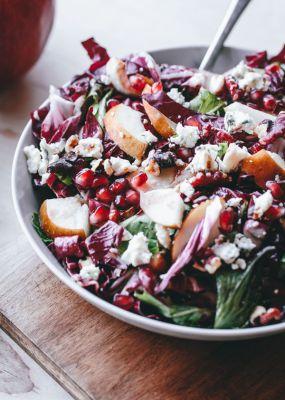November is National Diabetes Month and according to recent statistics, 700 million people are expected to live with diabetes by 2030. For the 422 million people who currently have diabetes across the globe, it’s important for them to manage their condition as uncontrolled diabetes can increase the risk for heart disease, stroke, blindness and even amputations.
So, what’s the best way for people with diabetes to manage their condition? Aside from medication, the food they eat also plays a significant role in how people with diabetes manage their blood sugar levels, and in turn, manage their condition. That said, here are some of the best foods that people with diabetes can eat for their health.
Best food for people with diabetes
Green, leafy vegetables
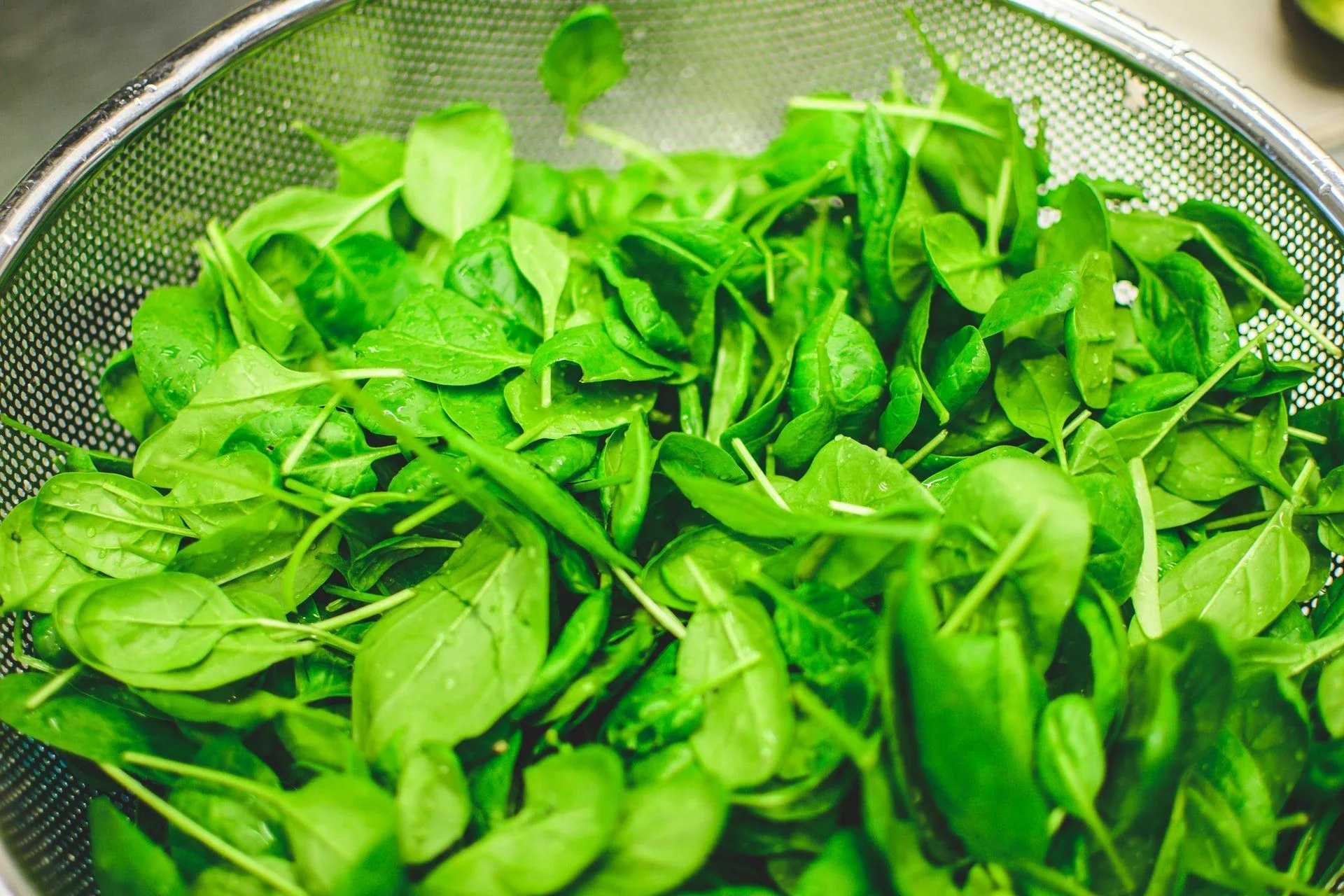
Photo by Pille R. Priske on Unsplash
Rich in vitamins and nutrients, green, leafy vegetables are exactly what we all need in our diets, especially if we have diabetes.
Be it spinach, kale, or even cabbage, research has found that leafy greens are beneficial for people with diabetes. This is because these vegetables aren’t only high in fiber, but they’re also rich in vitamin A and magnesium, both of which can help to lower blood sugar.
Whole grains
Unlike refined grains, whole grains are more.. whole. They’re higher in fiber and are far more nutritious than refined grains.
As mentioned, fiber can help to stabilize blood sugar levels so it’s important for people with diabetes to look towards high-fiber foods. These include brown rice, quinoa, millet, rye as well as whole-grain bread and whole-grain pasta.
Berries
“Berry consumption, especially the commonly consumed blueberries, cranberries, strawberries and raspberries, may exert unique beneficial effects in diabetes management.” – Calvano, A., 2020
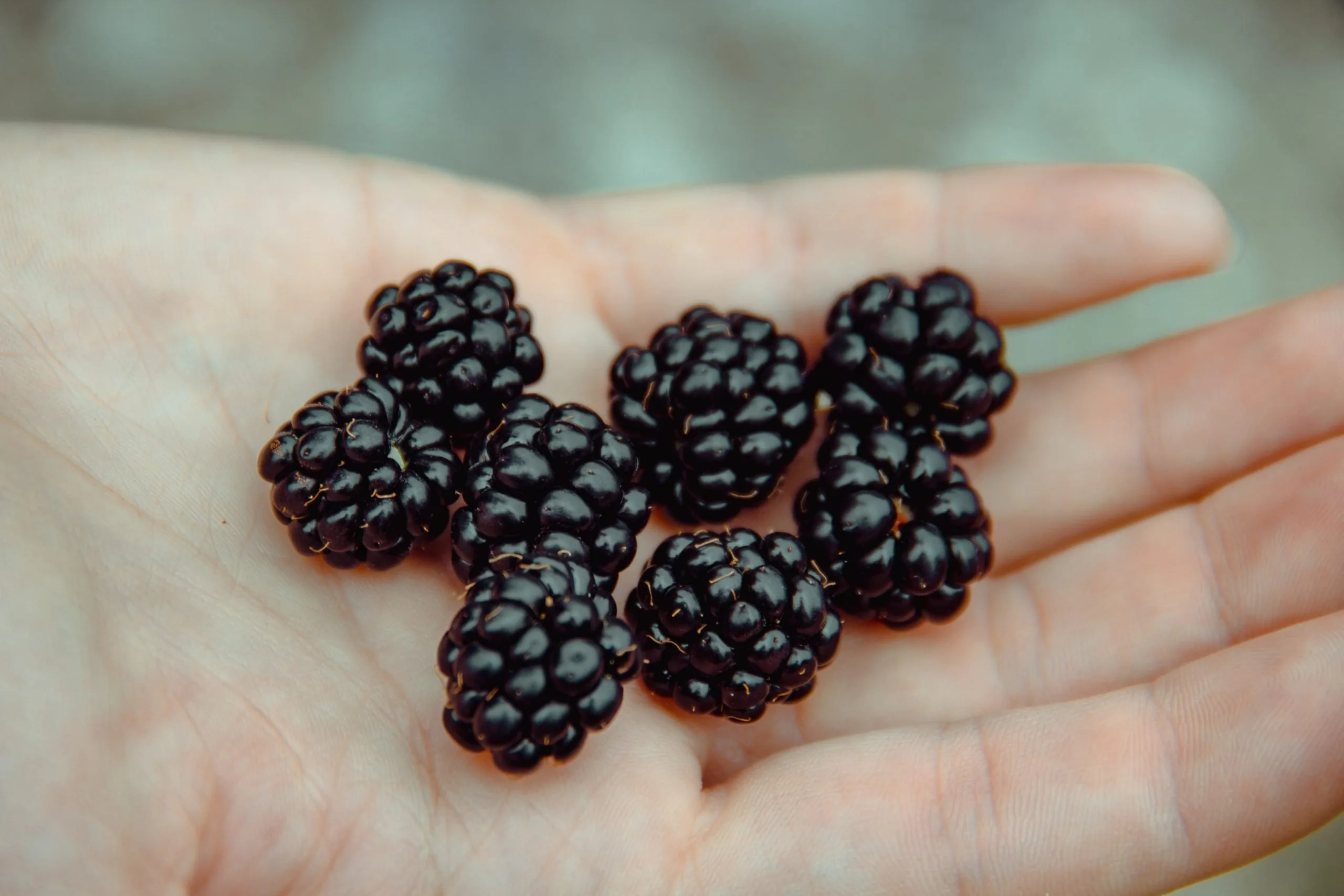
Photo by Ulvi Safari on Unsplash
Bursting with antioxidants, berries should be a staple in everybody’s diet, regardless of whether you have a chronic disease. Thanks to its effect on oxidative stress, berries have been found to be extremely beneficial to one’s health.
According to a study published in Food & Function, dietary berries, including cranberries, blueberries, bilberries, raspberries, and strawberries, can be recommended as part of a healthy dietary strategy for diabetes prevention and management.
Sweet potatoes
Unlike white potatoes, sweet potatoes have a much lower GI, which means that they won’t spike your blood sugar as much. What’s more, they’re also a great source of fiber, which makes them a perfect addition to a diabetes diet plan.
Probiotic yogurt
According to a 2017 study, the daily consumption of probiotic yogurt for four weeks had a beneficial effect on the blood glucose, glycated hemoglobin, diastolic blood pressure, and serum lipid levels of people with diabetes.
Chia seeds
Extremely high in fiber, protein, and antioxidants, chia seeds aren’t only a great snack option but they’re also perfect for people with diabetes.
Not only can it help regulate blood glucose levels, but it can also help them manage their weight, as a 2017 study found that people who were overweight and had type 2 diabetes lost more weight after 6 months when they included chia seeds in their diets.
Nuts
Delicious, healthy, and versatile – nuts truly are the perfect snack, especially if you have diabetes.
According to a study published in Circulation Research, people with diabetes who eat tree nuts — such as walnuts, almonds, hazelnuts, and pistachios — experience a lowered risk of heart disease and death. As such, eating nuts can help to reduce the risk of complications for people with diabetes.

RossHelen/Shutterstock
What foods to avoid?
Yes, there are foods that can help people with diabetes better manage their condition, but there are also foods that aren’t exactly best for them.
These foods include refined grains, processed foods, alcohol as well as sugary and salty treats.

Want to know more?
The impact of Covid-19 is greater for people who are diabetic and obese. Here are four immune-boosting nutrition tips for diabetes and obesity when recovering from Covid-19.
References
Calvano, A., , Izuora, K., , Oh, E. C., , Ebersole, J. L., , Lyons, T. J., , & Basu, A., (2019). Dietary berries, insulin resistance and type 2 diabetes: an overview of human feeding trials. Food & function, 10(10), 6227–6243. https://doi.org/10.1039/c9fo01426h
Liu, G., Guasch-Ferré, M., Hu, Y., Li, Y., et al. (2019). Nut Consumption in Relation to Cardiovascular Disease Incidence and Mortality Among Patients With Diabetes Mellitus. Circulation research, 124(6), 920–929. https://doi.org/10.1161/CIRCRESAHA.118.314316
Rezaei, M., Sanagoo, A., Jouybari, L., Behnampoo, N., Kavosi, A. (2017). The Effect of Probiotic Yogurt on Blood Glucose and cardiovascular Biomarkers in Patients with Type II Diabetes: A Randomized Controlled Trial. Evidence Based Care, 6(4), 26-35. doi: 10.22038/ebcj.2016.7984
Vuksan, V., Jenkins, A. L., Brissette, C., Choleva, L., et al. (2017). Salba-chia (Salvia hispanica L.) in the treatment of overweight and obese patients with type 2 diabetes: A double-blind randomized controlled trial. Nutrition, metabolism, and cardiovascular diseases : NMCD, 27(2), 138–146. https://doi.org/10.1016/j.numecd.2016.11.124


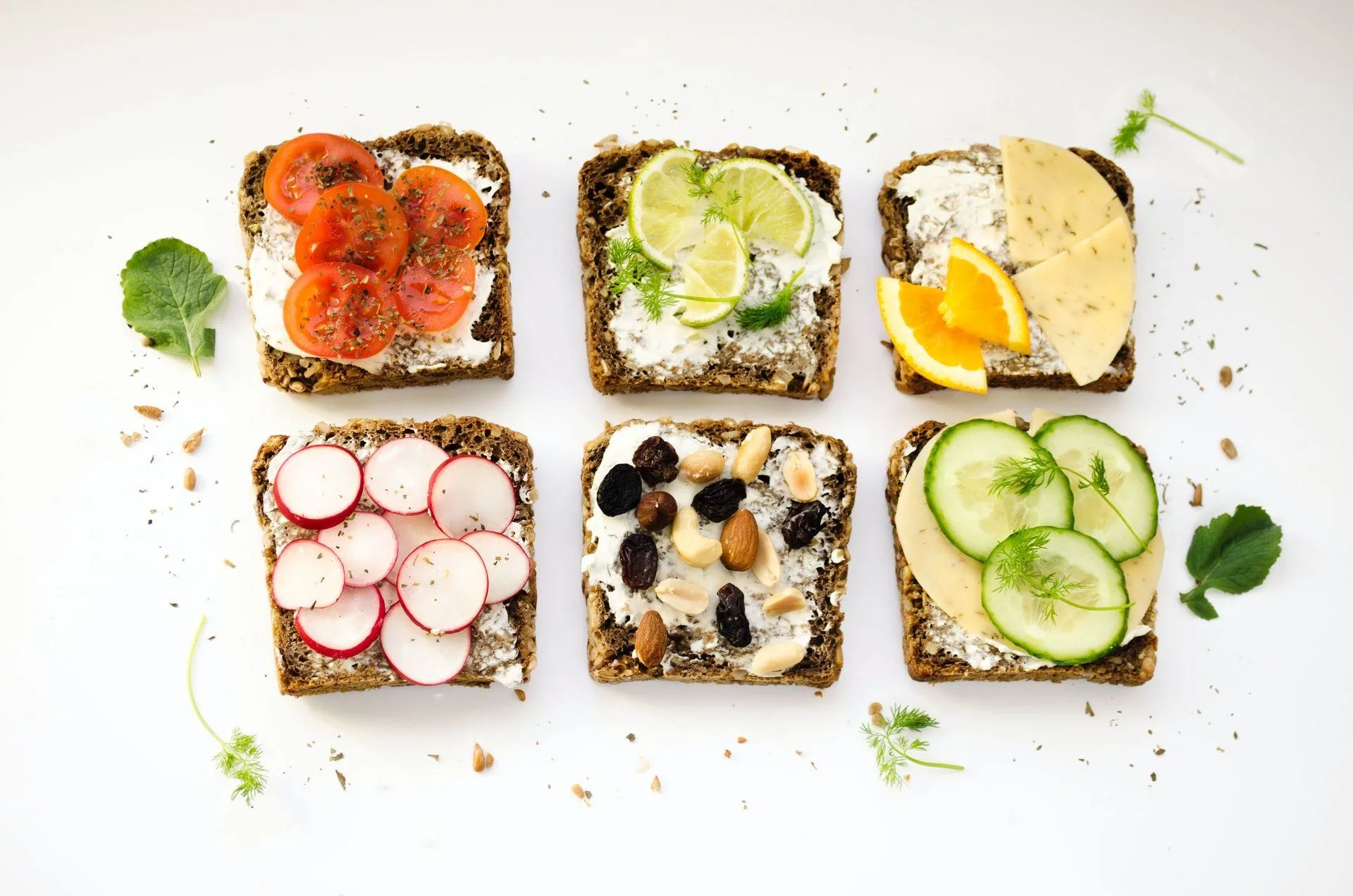
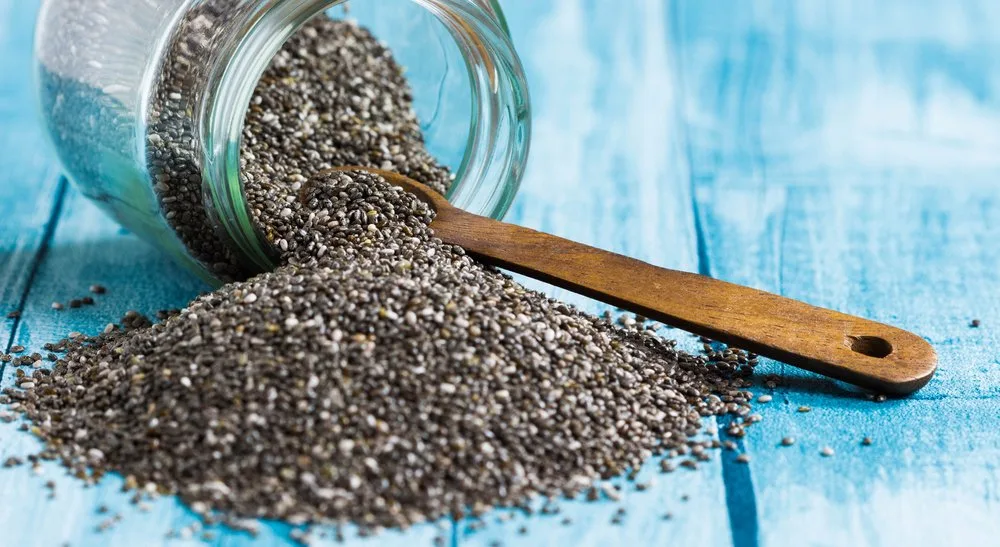


![women [longevity live]](https://longevitylive.com/wp-content/uploads/2020/01/photo-of-women-walking-down-the-street-1116984-100x100.jpg)







